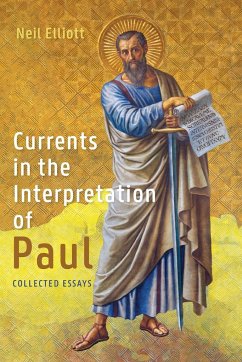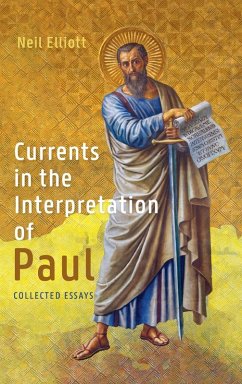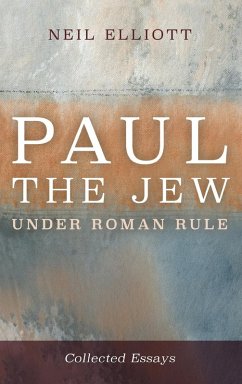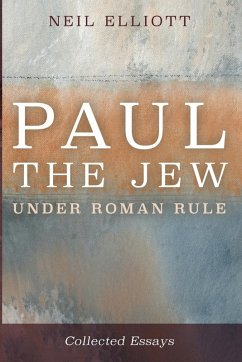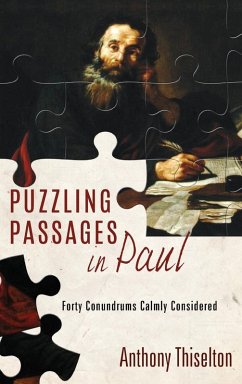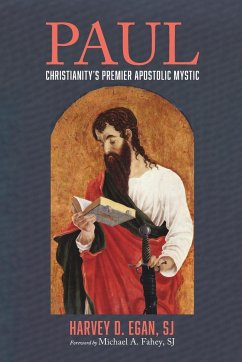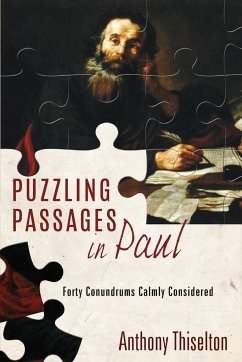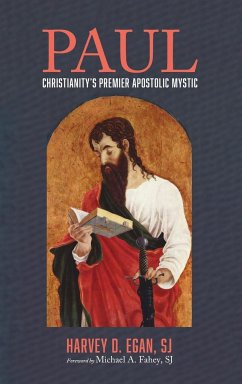The apostle Paul has long been championed, or criticized, as a Christian thinker, as a brilliant theological genius, or an enthusiastic convert who spun arguments to justify his new allegiances. In these essays, Neil Elliott engages some of the most provocative currents in contemporary scholarship, including Paul and the nature of violence; the presumptions of religious, cultural, or national innocence in particular interpretations of the apostle; the recent enthusiasm for Paul in some streams of Marxist thought; competing construals of economic realities in Paul's day (and our own); and questions surrounding Paul's legacy today.
Bitte wählen Sie Ihr Anliegen aus.
Rechnungen
Retourenschein anfordern
Bestellstatus
Storno

